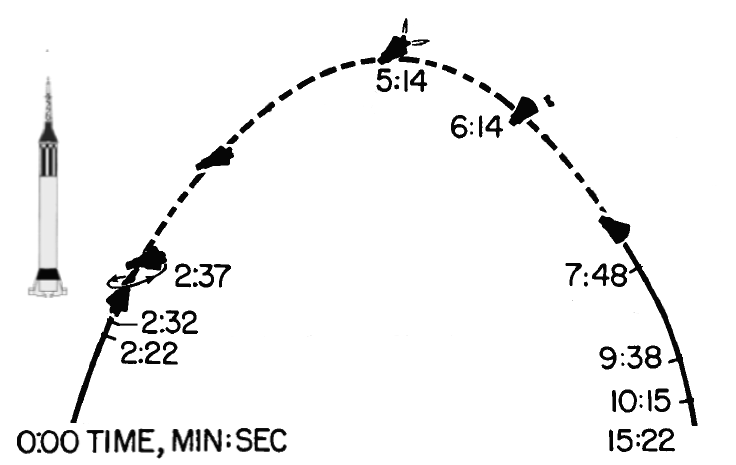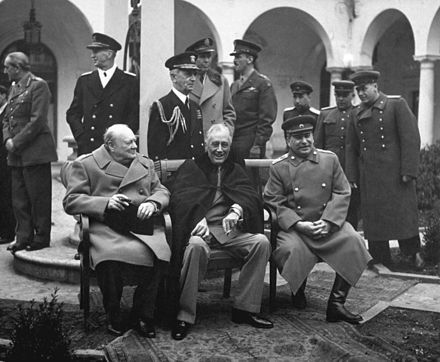 This one is so much easier to understand than to say! It refers to a text that has been erased and its writing surface reused. I first learned about palimpsests in Mr. Noble’s course in Medieval History, at UVA, in the early 80s. He was a great lecturer, and he had us spellbound as he recounted the recovery of ancient texts, presumably lost, when modern researchers examined Medieval manuscripts under UV light.
This one is so much easier to understand than to say! It refers to a text that has been erased and its writing surface reused. I first learned about palimpsests in Mr. Noble’s course in Medieval History, at UVA, in the early 80s. He was a great lecturer, and he had us spellbound as he recounted the recovery of ancient texts, presumably lost, when modern researchers examined Medieval manuscripts under UV light.
The OED Online provides a comprehensive entry, with the history of the word dating to the 17th Century. I will focus less on that than on how Literary Theorists tend to use the word, rather loosely and sometimes far too often.
The palimpsest as recycled material makes great sense, given the enormous cost of vellum in the Middle Ages. The concurrent impetus to erase the pagan past, ironically, may have preserved fragments of it for us. Had monks more vellum, many more works from Antiquity would have presumably vanished. One entire text by Archimedes comes to us this way, but mostly we have bit and pieces of others.
Modern usage includes the looser idea of anything partly erased by later action, with traces of the earlier meaning remaining. I have heard this in academic talks and read it in articles for years. Here’s a well crafted example from Leila Walker’s 2012 article, “The Child of the City and the Palimpsest at Sea: De Quincey’s Chronological Constraints”:
A palimpsest arranges its history simultaneously, although the text was recorded sequentially. Each successive layer was added at a particular moment in time, and yet, once added, each layer occupies the same material space as all other layers.
This writer uses the word well in a symbolic sense. It’s a powerful if often confusing metaphor in contemporary literary theory. I have never been comfortable with the word, since it has too many consonants in odd places.
I am also uncomfortable with the idea, one hard to deny, of our entire civilization being a palimpsest. Traces of what came before remain, like the old Richmond trolley tracks, surrounded by granite cobbles and peeking through asphalt poured over an entire street. Ancient bigotries also darkly glimmer under the placid surface, while old sacrifices, some noble, some not so, linger just at the edge of vision.
When future ages inscribe their texts upon the scraped-bare vellum of our civilization, I wonder what they will put there?
7/2/18 Update from Cynthia Price, our Director of Media & Public Relations:
Curious about today’s word. Specifically, in many villages in Africa the students turn newspapers and books sideways to write in the white spaces because they don’t have access to new books. Obviously, the words have not been erased. Would one still call the document a palimpsest since the writing surface is being reused?
I’m not sure, but its close. The children would probably erase the original text if they could, in order to have more writing space. I also am impressed by the perseverance of those who do not have the luxury to simply toss paper into bins, as we also do.
Image courtesy of Wikipedia.
This blog will continue all summer, so nominate a word by e-mailing me (jessid -at- richmond -dot- edu) or leaving a comment below.
See all of our Words of the Week here.





